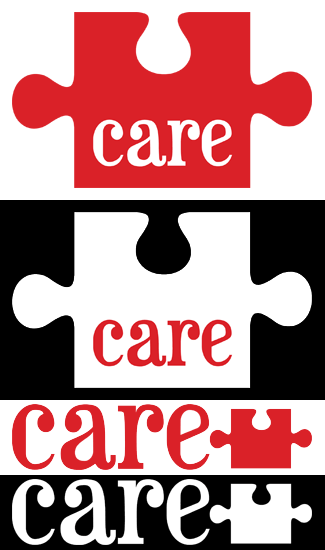Resources for Faculty

Faculty and instructors have a unique opportunity to intervene when a student is in or heading toward distress. Students at UR, by and large, are committed to performing well academically. When a student's academic performance is poor or declines throughout the semester, this may indicate that the student is struggling in other areas. Faculty and instructors are often the first to know when a student needs additional support.
Listed below are some of the possible signs of distress that faculty and instructors should be aware of when considering submitting a CARE Referral.
- Class attendance—Has the student missed multiple classes? Is the student failing to meet your attendance policy? Have you noticed a change in the student's attendance as the semester has progressed?
- Quality of assignments—Has the quality of the student's assignments declined? Is the student turning assignments in late or not at all? Does the content of the assignment concern you or allude to other problems the student may be experiencing?
- Receipt of concerning information—Has the student shared information with you that seems to imply distress in other areas of the student's life?
- Noticeable changes in the student's behavior or appearance—Do you have concerns about a student's behavior in class? Is the student having trouble connecting with peers? Have you noticed a significant change the in the students appearance or mood?
- Is the student still enrolled in your course?—If you have concerns about the student's attendance and whether he/she is still enrolled in your course, you may choose to contact the Center for Academic Support (CAS) at (585) 275-2354.
- Mid-semester warnings—While mid-semester warnings are not always an accurate representation of how the student is doing in your course, it may be worth considering whether this piece of information, combined with any of the others listed here, may be indicative of a greater concern.
If you are still uncertain about whether you should submit a CARE Referral, please review the pre-referral process page for questions to consider before referring a student to CARE or contact the CARE Network staff. You may also or instead choose to submit a Bias-Related Incident Report or Community Concern Report.
CARE-related Resources
One-on-one consultations
If you have concerns about a student, are unsure how to engage with a student of concern, or would like to talk through a challenging situation, one-on-one consultations are available with a CARE staff member. Please contact a CARE staff member directly to set-up a consultation.
Case conferences
In certain circumstances a case conference may be necessary to discuss the best approach for a student in crisis. A CARE team member is available to activate a case conference involving necessary members of your department and other campus officials to address the concerns and establish a plan of action. If you believe a case conference is necessary, it is important to share information about the student in distress via a CARE Referral.
Department presentations
A CARE staff member is available to provide presentations to your department based on the department's needs and desire for more information. Schedule an appointment with a CARE staff member if you or your department would like to learn more about:
- Working with students in distress
- How/when to submit a CARE Referral
- Establishing healthy boundaries in your classroom
- Recognizing signs of concerning behavior
Tips
Template for email correspondence and course syllabus
We encourage you to address your concerns with the student in question prior to submitting a CARE Referral. We are, however, aware this is not always possible. But speaking openly with the student about your concerns and your decision to submit a CARE Referral lets the student know that you care about the student's success and that resources are available. Talking with the student about submitting a CARE Referral also:
- Affirms the usefulness of the CARE network
- Engages the student in his/her own process
- Creates a transparent relationship between the student and helping providers
The following text may assist you in this effort.
Email correspondence
Please feel free to use or edit this wording when replying to a student of concern.
Thank you so much for sharing this with me. It sounds like you are going through a tough time. Do you know about the CARE network? The CARE network is one of the ways that we support students at UR by connecting them with supports and resources. It allows me to notify CARE staff who may be able to help you with this situation. The people who get this information will not spread it widely throughout campus. They will only share limited information if it is necessary to assist you. I use the CARE system when my level of concern for a student indicates that the student may need inclusive, multi-layered support from the campus community. I think you could benefit from this support, so I plan to write to the CARE network. Do you have any questions about this?
Syllabus wording
Student success at the University of Rochester includes more than just academic performance. Please feel comfortable speaking with me about challenges you are experiencing within and outside of the classroom so that I may submit a CARE Referral on your behalf. A CARE Referral is submitted when the level of concern for a student necessitates inclusive, multi-layered support from the campus community. The CARE network administrator shares information only with staff who need to know it in order to help you. I CARE about your success and am committed to my role in helping you get connected to appropriate campus resources.
CARE Logos
There are two versions of the CARE logo available for use in correspondence or on other materials—a large 'puzzle piece' version and a horizontal version. Each version has two color options—one for light backgrounds and one for dark background.

